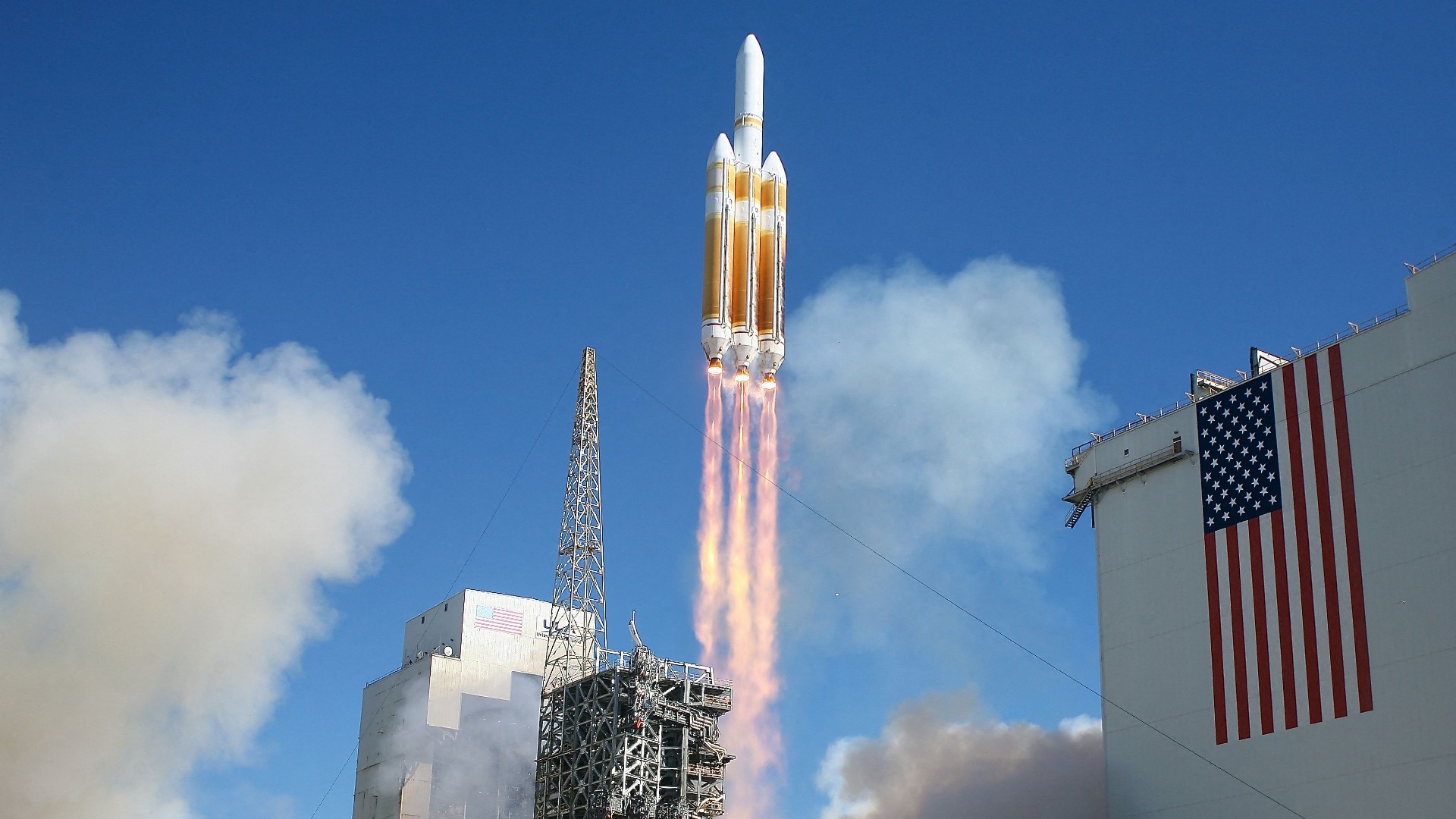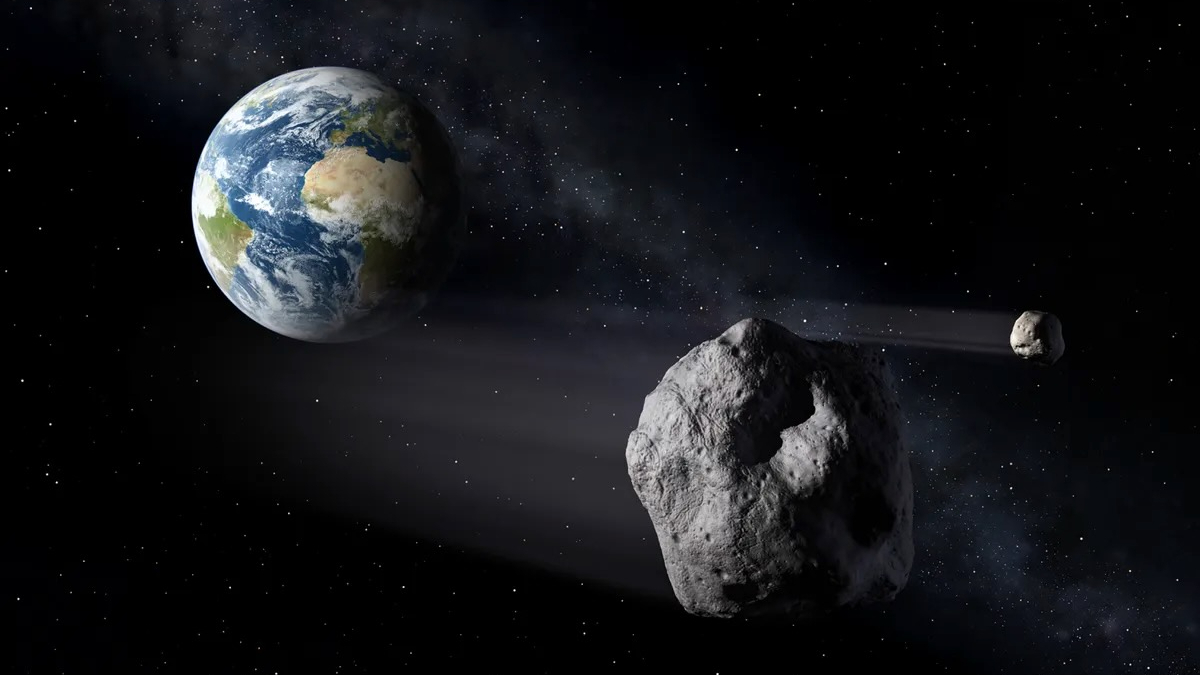US Space Force is launching more missions than ever. Lawmakers worry America's spaceports can't keep up
Lawmakers are eyeing other spaceports to determine if they might be able to help support military launch needs.

Breaking space news, the latest updates on rocket launches, skywatching events and more!
You are now subscribed
Your newsletter sign-up was successful
Want to add more newsletters?

Delivered daily
Daily Newsletter
Breaking space news, the latest updates on rocket launches, skywatching events and more!

Once a month
Watch This Space
Sign up to our monthly entertainment newsletter to keep up with all our coverage of the latest sci-fi and space movies, tv shows, games and books.

Once a week
Night Sky This Week
Discover this week's must-see night sky events, moon phases, and stunning astrophotos. Sign up for our skywatching newsletter and explore the universe with us!

Twice a month
Strange New Words
Space.com's Sci-Fi Reader's Club. Read a sci-fi short story every month and join a virtual community of fellow science fiction fans!
Some American lawmakers are concerned that the U.S. Space Force's two premier spaceports can't keep up with a steep increase in demand for launch pads.
The House Armed Services Committee wrote a draft of its fiscal year 2025 National Defense Authorization Act (the annual laws that oversee military spending). That draft states that the two main spaceports operated by the U.S. Space Force, California's Vandenberg Space Force Base and Cape Canaveral Space Force Station in Florida, can't meet the rising demand for both military and commercial launches.
"Given the emerging needs of department and commercial launch operators, the [National Security Space Launch] program must meet requirements that enable payload processing and launch beyond the current NSSL-capable locations on the Western and Eastern ranges," the committee's draft NDAA bill stated, according to C4ISRNET.
Related: Pentagon wants commercial 'space reserve' to support military satellites in orbit
For example, at Space Launch Complex 40 (SLC 40), one of Cape Canaveral Space Force Station's launch pads, launch totals have risen at a nearly exponential pace in recent years. Between 2000 and 2016, SLC 40 saw a total of 34 launches. In 2023 alone, the same launch complex hosted 55 launches.
Similarly, Vandenberg's Space Launch Complex 4 (SLC 4) hosted 28 launches in 2023, up from a combined 16 launches in 2021 and 2022. It has already seen 16 launches this year so far.
To help meet rising demand, lawmakers in the House Armed Services Committee are eyeing other spaceports to determine if they might be able to help support NSSL needs. Potential spaceports include New Mexico's Spaceport America, from where Virgin Galactic launches its suborbital tourist flights, the Wallops Flight Facility in Virginia and the Pacific Spaceport Complex in Alaska.
Breaking space news, the latest updates on rocket launches, skywatching events and more!
Congress's concerns about meeting launch demand come as U.S. military leadership continues to state that space is now its most vital area of operations. Navy Adm. Christopher Grady, the vice chairman of the Joint Chiefs of Staff, said in January 2024 that "space has emerged as our most essential warfighting domain."
Aside from having access to rapidly reusable rockets thanks to technologies like SpaceX's workhorse Falcon 9 rocket, Space Force's launch totals and needs are increasing due to the fact that the Pentagon continues to shift away from lofting large and expensive satellites and toward sending up constellations of smaller, lower-cost satellites, requiring more frequent launches.

Brett is curious about emerging aerospace technologies, alternative launch concepts, military space developments and uncrewed aircraft systems. Brett's work has appeared on Scientific American, The War Zone, Popular Science, the History Channel, Science Discovery and more. Brett has degrees from Clemson University and the University of North Carolina at Charlotte. In his free time, Brett enjoys skywatching throughout the dark skies of the Appalachian mountains.
